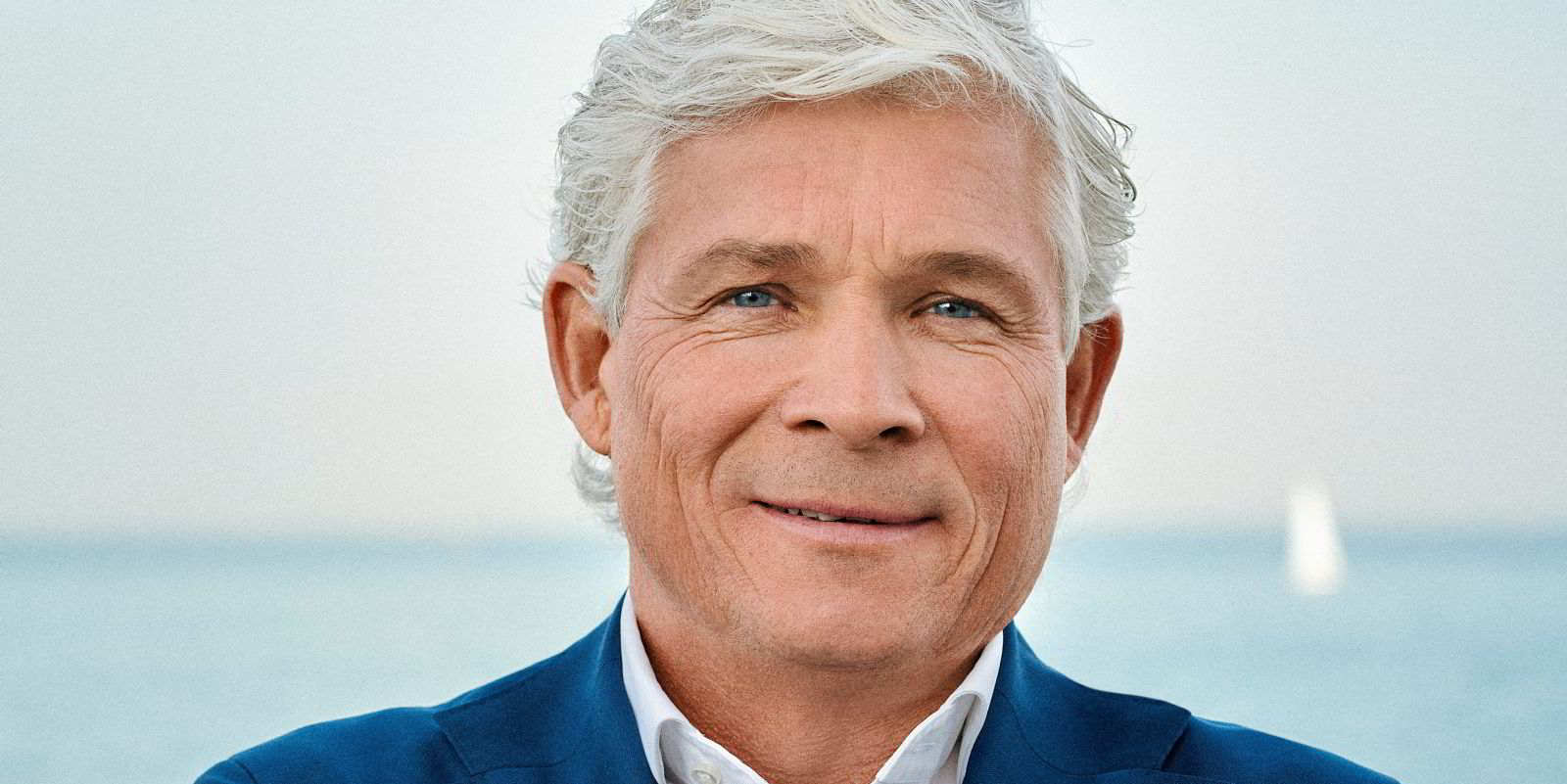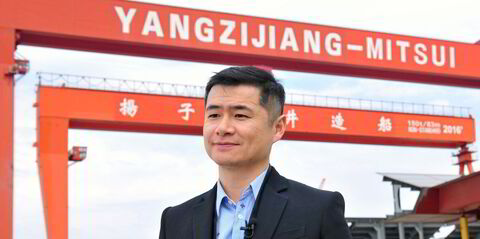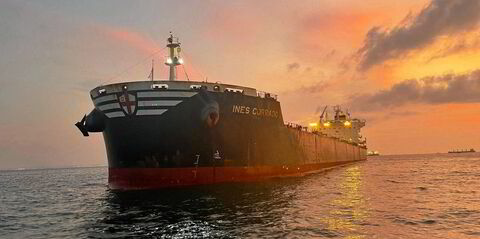LNG carrier owner GasLog is moving forward with its plan to build and operate liquid hydrogen (LH2) vessels.
The company, backed by Peter Livanos and BlackRock, has signed a collaboration deal with New York-listed clean energy firm Chart Industries to study a commercial supply chain for the ships.
In December, GasLog became part of a new project to study the delivery of green hydrogen from Oman to Amsterdam.
This involves the government of Oman, Omani hydrogen company Hydrom, the Port of Amsterdam and Zenith Energy Terminals.
It is expected to be the world’s first commercial-scale LH2 corridor.
Chart will bring extensive experience in cryogenics and large-scale liquefaction solutions for the global distribution of hydrogen, the partners said.
“This collaboration aims to support GasLog’s participation in recently announced projects to develop a commercial-scale LH2 supply chain from export markets in the Middle East to European and Asian destinations for onward distribution by liquid transportation and/or gas via pipelines to various end users,” they added.
GasLog chief executive Paolo Enoizi said: “This collaboration with Chart Industries is our commitment to explore and support the use of hydrogen, via liquid form, to benefit industries and users globally.
“I have confidence that our combined experience from the cryogenic industries will ensure the safety and efficiency of novel LH2 supply chains across the world.”
Hydrogen vision
Oman is also keen to explore cost-effective hydrogen export corridors to other global markets.
The country’s Vision 2040 calls for the shifting of its economy away from oil and gas.
The government believes it can take advantage of plentiful wind and sun, as well as existing port and industrial infrastructure.
“We are excited to collaborate with GasLog for effective large-scale LH2 supply chain deployment,” said Jill Evanko, CEO of Chart.
“We see a significant momentum shift from export developers discussing ammonia supply chains 12 months ago to LH2 supply chains today.”
GasLog’s fleet consists of 37 LNG carriers: 32 on the water, four under construction and one being commissioned as a floating storage and regasification unit.





